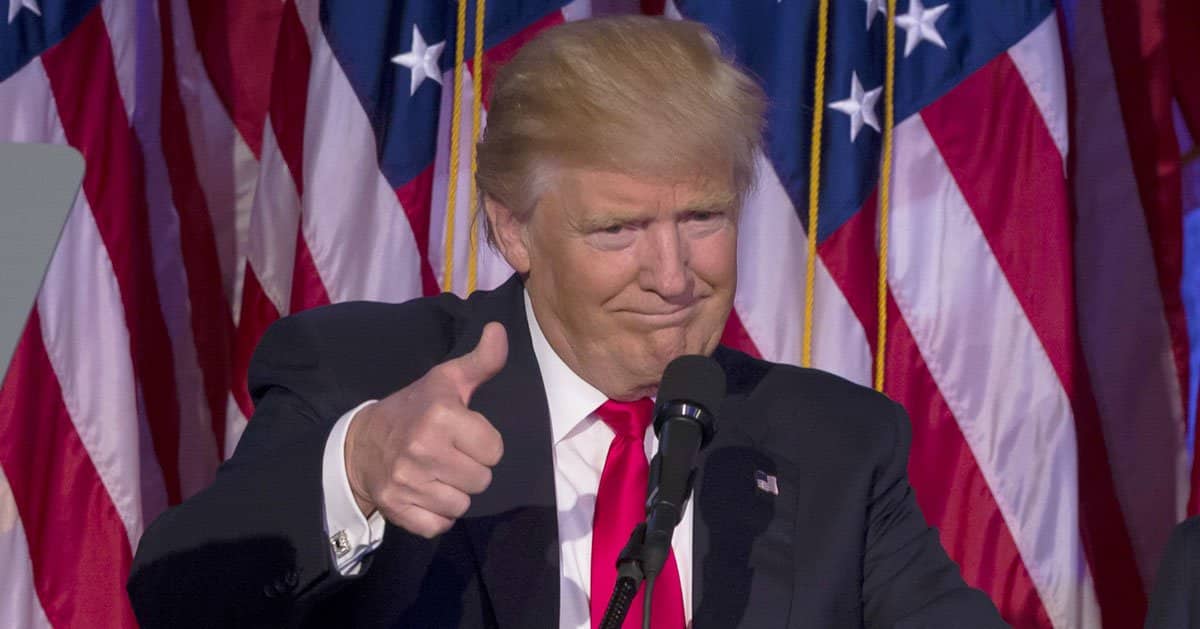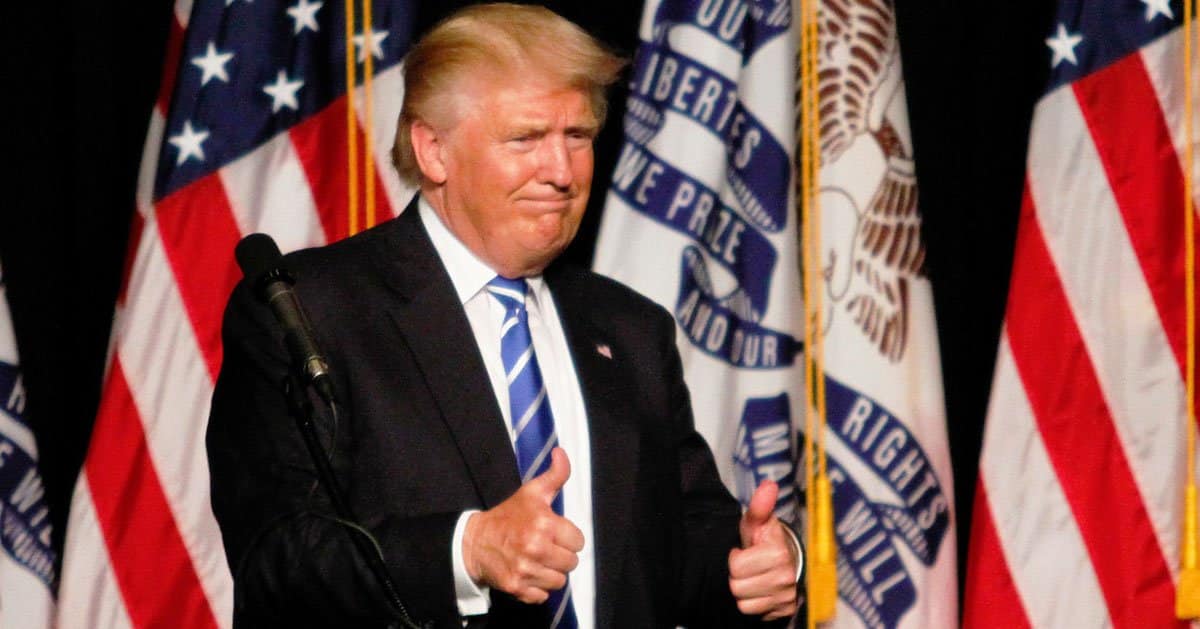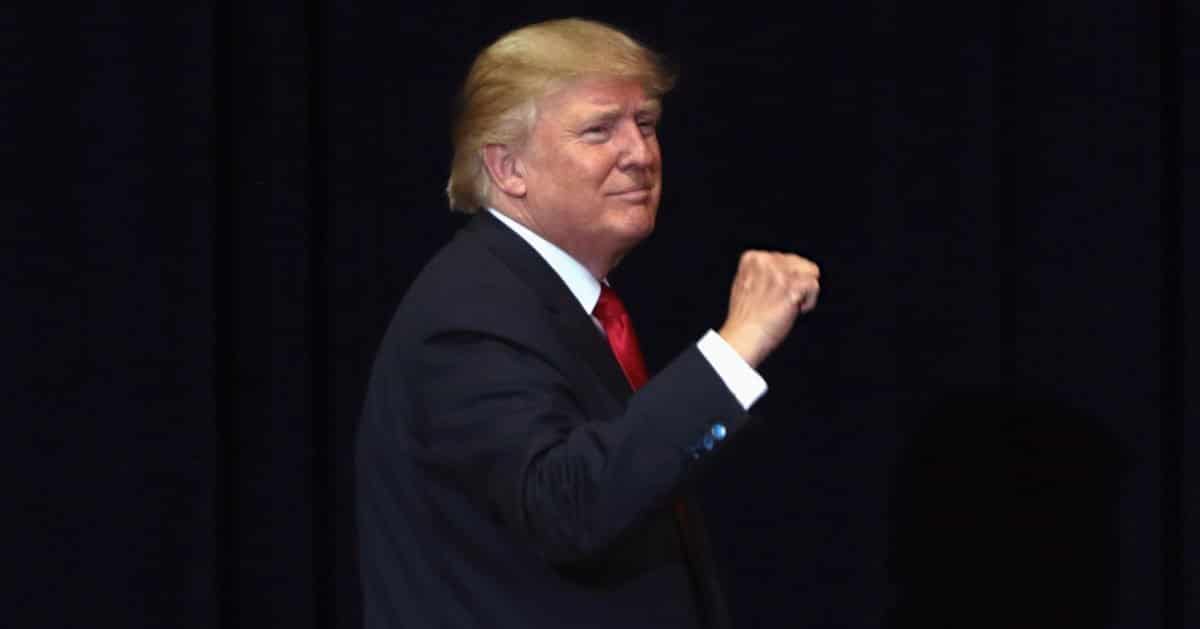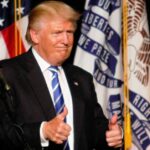








In a stunning display of diplomatic muscle, the U.S. State Department has pulled the visa of Colombian President Gustavo Petro following his fiery comments at a pro-Palestinian rally in New York City.
The Washington Examiner reported that this dramatic clash unfolded after Petro, while in the U.S. for a United Nations meeting, urged American soldiers to defy orders from President Donald Trump during a protest near Times Square, prompting swift backlash from Republican lawmakers and an unprecedented visa revocation on Friday.
Petro’s trip to New York began earlier in the week when he addressed a United Nations gathering on Tuesday, using the platform to criticize U.S. military actions against suspected drug trafficking boats in the Caribbean. He lamented the loss of “poor young people” in these operations, setting the stage for his later, more controversial remarks.
Fast forward to Friday, September 26, 2025, and Petro took to the streets near Times Square, joining a pro-Palestinian demonstration where he didn’t hold back.
His call for U.S. soldiers to “disobey” orders from Trump was a red line for many, especially on American soil. One has to wonder if he considered the diplomatic fallout of such a bold statement in the heart of Manhattan.
The U.S. State Department wasted no time, announcing the visa cancellation later that day via a pointed post on X: “We will revoke Petro’s visa due to his reckless and incendiary actions.”
That’s a clear message—actions have consequences, even for a head of state. It’s a reminder that free speech doesn’t mean freedom from accountability, especially when guest privileges are on the line.
Republican lawmakers were quick to pile on, with Sen. Rick Scott of Florida blasting Petro’s remarks as tantamount to inciting a coup against the president. Rep. Carlos Gimenez, also from Florida, doubled down, stating Petro “has no place” in the U.S. for “inciting violence.” These reactions underscore a growing frustration with foreign leaders using American soil as a soapbox for divisive rhetoric.
By Friday night, Petro was reportedly already en route back to Bogota, perhaps sensing the storm brewing over his visa status. The timing couldn’t be more cinematic—leaving just as the U.S. dropped the hammer.
On Saturday morning, September 27, 2025, Petro fired back via X, refusing to back down from the visa revocation with a mix of defiance and indignation.
He argued that international laws grant him immunity to attend U.N. events without reprisal for his opinions. It’s a fair point on paper, but diplomacy isn’t just about legalities—it’s about respect, something Petro might have underestimated.
Petro also pointed out his European citizenship, claiming he doesn’t even need a U.S. visa to travel here. Yet, it’s unclear whether this status will shield him from being barred from entry in the future. That’s a wrinkle the State Department will likely iron out with less patience than a tailor on deadline.
Adding fuel to this geopolitical fire, the Trump administration has deployed warships off Venezuela’s coast to combat drug trafficking, a move that’s raised hackles across the region.
Venezuelan President Nicolas Maduro called it an “unjustifiable” and “criminal” threat, signaling heightened tensions. This backdrop makes Petro’s comments feel less like a standalone outburst and more like part of a broader anti-U.S. sentiment.
Petro’s visa revocation isn’t entirely without precedent, as the Trump administration has previously canceled immigration documents for pro-Palestinian activists. However, targeting a sitting president like Petro is a significant escalation. It sends a signal that prominence won’t protect those who cross certain lines.
Critics might argue Petro’s protest speech was a reckless overreach, especially given the already strained relations over U.S. military presence in the Caribbean.
His words, while passionate, seem to disregard the delicate balance of international courtesy. One can sympathize with his cause without endorsing the method—there’s a time and place for everything.
Petro’s defiance on social media suggests he won’t quietly accept this reprimand, potentially deepening the rift with Washington. His appeal to “humanity” over policy is emotionally charged, but it’s hard to see it swaying an administration focused on order and security.
Meanwhile, Republican outrage continues to echo, painting Petro as a destabilizing force who overstepped as a guest in the U.S. It’s a narrative that resonates with those who prioritize national sovereignty over unchecked activism, even from foreign dignitaries.



